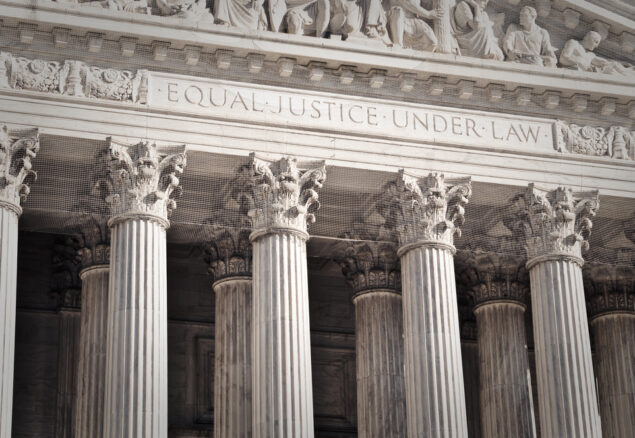
The U.S. Supreme Court has ruled unanimously in a whistleblower case, Murray v. UBS Securities, LLC to solidify whistleblower protections by upholding provisions of the Sarbanes-Oxley Act (SOX). The ruling has reaffirmed that whistleblowers do not need to prove that an employer acted with “retaliatory intent” to be protected under whistleblower protection laws.
The Court’s opinion, written by Justice Sonia Sotomayor, stated that the intent of Congress in passing SOX was that whistleblowers were afforded protection from any type of retaliation including firing. Whistleblowers do not have to prove that retaliation was solely based on whistleblower actions but only a factor.
SOX Act of 2002
The Sarbanes-Oxley Act of 2002 was passed by Congress to help protect investors from fraudulent financial reporting by corporations. It was passed after Enron and other financial scandals costing many investors millions of dollars became public knowledge. The act created strict new rules, added severe penalties, and provided whistleblower protections from retaliation. As interpreted by the Supreme Court, the SOX Act specifically intended to protect whistleblowers from retaliation, even if the whistleblowing was only a portion or “contributing factor” to retaliation.
Murray v. UBS Securities, LLC was a whistleblower action filed on behalf of Trevor Murray whose employment was terminated after he was improperly pressured and refused to certify that certain reports involving the financial status of UBS were true and correct. UBS appealed a district court ruling that the company had improperly acted by firing him in retaliation. The U.S. Supreme Court’s upholding of the district court ruling further solidifies the intent of SOX Act to protect whistleblowers from retaliation.





